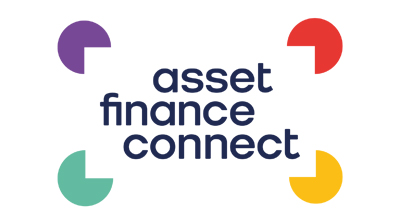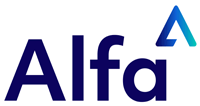While US companies are aware of new lease accounting standards, they are proving slow to prepare for the significant potential impact on their financial operations and other challenges, according to a new study from the Financial Executives Research Foundation (FERF), in collaboration with professional services firm EY.
New leasing guidance recently issued by Financial Accounting Standards Board (FASB) and the International Accounting Standards Board (IASB) will require many companies to bring leases on balance sheet for the first time.
Based on a survey of more than 125 companies, FERF found that most are aware of the new lease accounting standard. Nearly 90% of respondents said they are either somewhat or very familiar with the standards, with 33% saying they are very familiar and have followed the FASB and IASB board activities closely.
However, 50% of all respondents have yet to take steps to prepare for the new standard, although 11% have started to perform a readiness assessment and another 7% said their project team has begun to create an inventory of lease data.
“Preparing for the new lease accounting standard should be a priority for companies,” said Anastasia Economos, partner at EY financial accounting advisory services and EY Americas lease accounting change leader. “Companies who have started to assess their capabilities are gaining clarity on how the standards will impact their financial operations and what they need to do around data, process and technology.”
When it came to assessing the implications of the changes, nearly 60% of all respondents indicated they expect either a moderate or a significant impact on their balance sheets and financial statement disclosures due to the new standards.
Three quarters of companies (75%) report they expect to have significant or moderate difficulty developing policies, processes and internal controls and to experience some difficulty getting through the first-year audit.
Despite their concerns, the survey found most companies have not budgeted for costs. Among all respondents, 83% said they have not started to create a budget for meeting the new standard. Just 5% reported that that they have designated more than $500,000 over the next three years to get in compliance with standard.
However, most are expecting to implement new technology. While a majority of the respondents rely on spreadsheets to track and account for leases, more than 80% are still evaluating technology options.
“Hearing from senior-level financial executives from more than 125 companies, we know that businesses are aware of the challenges they may face given the new leasing guidance,” said Andrej Suskavcevic, president and CEO of FERF and Financial Executives International. “However, we hope this research will spur companies into action so they will be well educated and prepared to meet the challenges of implementing the new lease accounting standards.”








